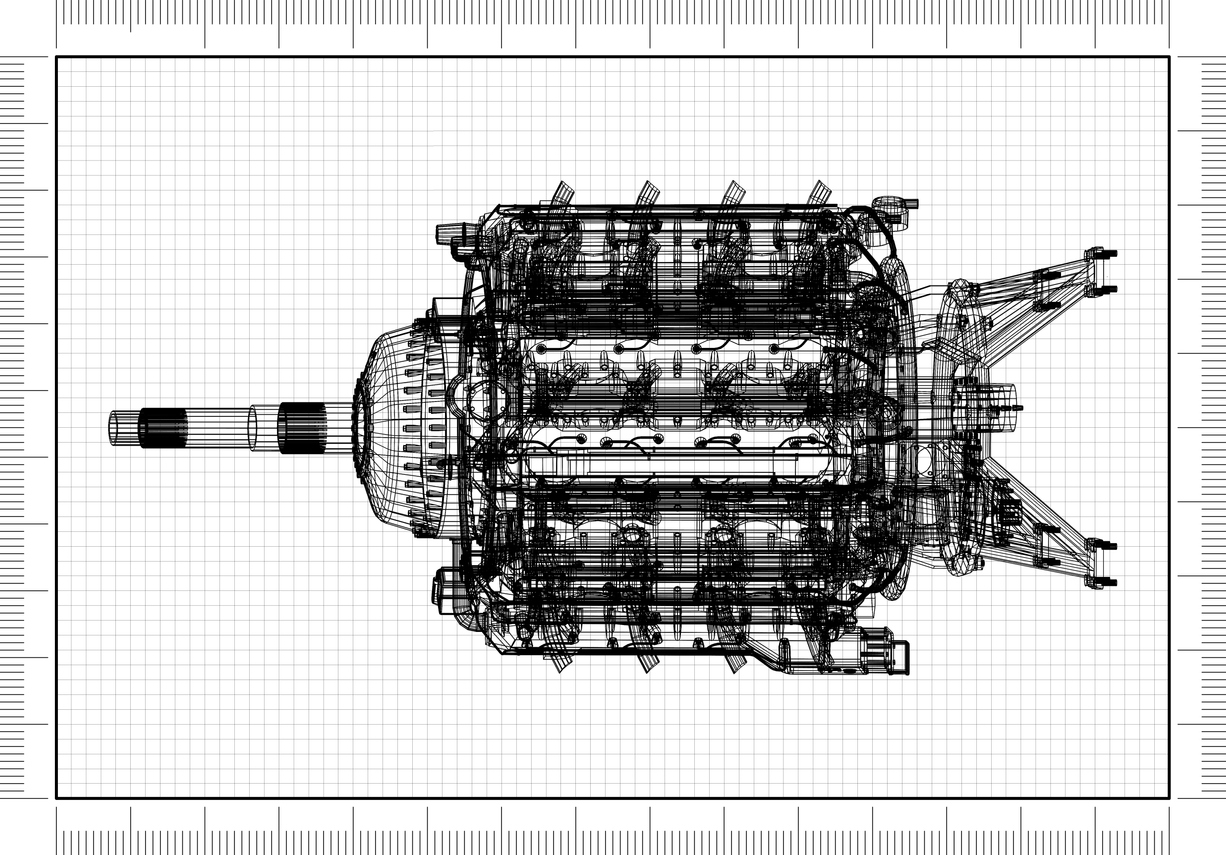There are various circumstances in which a given person might conceivably seek to convert horsepower (hp) to kilowatts (kW).
They might, for example, be attempting to compare engine power across different vehicle types, or trying to understand the power output of electric vehicles (EVs).
However, the potential relevance of this particular conversion goes beyond the world of cars, with engineers who are interested in specifying other types of machinery sometimes requiring it.
It Isn’t Just “Petrolheads” Who Have Reason to Care About Horsepower
Horsepower – a general unit that measures the rate at which work is done or energy is transferred – was historically used to compare the power of steam engines to horses.
Through the years, horsepower measurements have also been applied to the likes of aircraft engines, generators, pumps, and industrial equipment.
In order to understand power conversion from horsepower to kilowatt, it is necessary to know something about the two types of horsepower measurements. So, let’s delve into that aspect of the subject, before we give you the formulas for the conversion.
Imperial/mechanical Horsepower Vs Metric Horsepower
Yes, we’re back at that perennial subject of imperial versus metric:
- Imperial horsepower, you might not be surprised to learn, is widely used in industries where the imperial system is standard; it sees frequent use in the United States and the UK.
- Metric horsepower, meanwhile, is especially commonly used in the European automotive sector.
The watt values for imperial horsepower (also referred to as “mechanical horsepower”) and metric horsepower slightly vary from each other. This is because:
- Imperial horsepower, expressed as “hp”, is based on pounds, feet, and seconds. It is defined as the power required in order to raise 550 pounds a distance of one foot within one second, or 33,000 pounds a distance of one foot in a single minute. One imperial horsepower is equal to 7 watts, or 0.75 kilowatts.
- Metric horsepower, expressed as “PS”, is based on kilograms, metres, and seconds. It is defined as the power required in order to move 75 kilograms over one metre in one second at standard gravity, or 75 kilogram-metres per second. One metric horsepower is equal to around 5 watts, or 0.75 kilowatts.
So, What Is the Simple Formula for Converting Horsepower to Kilowatts?
Congratulations – you’ve reached the “business end” of this article. The formulas you require are as follows:
- To convert imperial horsepower to kilowatts, you multiply the horsepower number by 0.7457. So, plugging in 150 imperial horsepower would give you 111.855 kW.
- To convert metric horsepower to kilowatts, you multiply the horsepower number by 0.7355. So, inputting 150 metric horsepower would produce a result of 110.325 kW.
Such differences in the outcomes might seem subtle. However, for all manner of applications, getting these conversions right is critically important.
Any mistakes with these kinds of calculations could lead to produced equipment being underpowered or overpowered. So, the performance might not meet the requirements for the intended application.
Depending on the specific industry, there may be strict regulations in relation to power outputs. If, then, an error is made with the horsepower-to-kilowatts conversion, there could be a risk of penalties or legal issues.
There you have it – your quick, convenient, and “cut-out-and-keep” guide to rapidly converting horsepower to kilowatts, whether it is imperial or metric horsepower you’re converting from.










